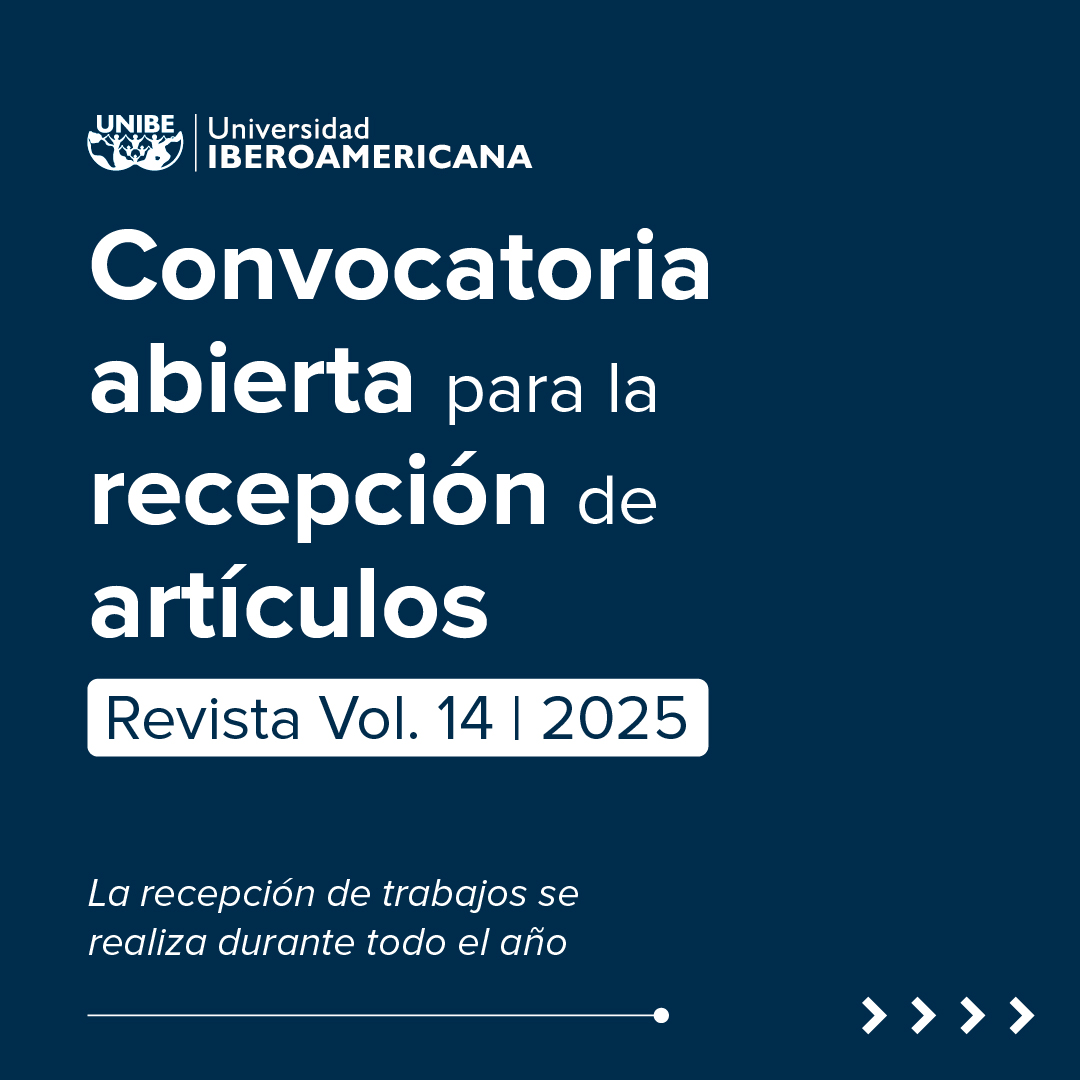Exploratory Factor Analysis of the adapted version of the Wagnild and Young’s Resilience Scale for the Paraguayan population
DOI:
https://doi.org/10.26885/rcei.13.1.95Keywords:
resilience, Wagnild and Young´s resilience scale, exploratory factor analysis, cultural adaptation, scale validation, ParaguayAbstract
This pilot study adapts and validates the Wagnild and Young´s Resilience Scale for the Paraguayan population using the exploratory factor analysis (EFA). The research is instrumental, quantitative, non-experimental, and cross-sectional, involving 207 participants: 30.4% were male and 69.6% female, aged under 18 to over 60, predominantly with university education and residents in Asunción. A 25-item Likert scale, developed by Wagnild and Young and culturally adapted to the Paraguayan context, was used to assess equanimity, personal satisfaction, self-sufficiency, self-confidence, and perseverance. Psychometry experts reformulated and validated the items, and the adapted version was distributed through Google Forms and WhatsApp. The EFA eliminated items with non-significant factor loadings, resulting in a more concise version of the scale. However, the sampling method does not allow for the generalization of the results to the entire Paraguayan population, indicating the need for future studies with representative samples to exhaustively validate the scale. The findings highlight the importance of cultural adaptation in psychometric measurement and the necessity of comparative research in different contexts. The refined scale has the potential for use in personal and professional development programs, promoting resilience in Paraguay.
Downloads
References
Aguilar, S. L., Gallegos, A., y Muñoz, S. (2019). Análisis de componentes y definición del concepto resiliencia: una revisión narrativa. Revista de Investigación Psicológica, 22, 77-100. http://www.scielo.org.bo/pdf/rip/n22/n22_a07.pdf
García, M. C., y Domínguez, E. (2013). Desarrollo teórico de la Resiliencia y su aplicación en situaciones adversas: Una revisión analítica. Revista Latinoamericana de Ciencias Sociales, Niñez y Juventud, 11(1), 63-77. https://www.redalyc.org/pdf/773/77325885001.pdf
Gonçalves, L., y Sala, R. (2021). Importancia de la resiliencia individual y organizacional para la salud laboral del personal sanitario. Rev. Asoc. Esp. Med. Trab., 30(2), 125-261. https://scielo.isciii.es/pdf/medtra/v30n2/1132-6255-medtra-30-02- 151.pdf
González Arratia, N. I., Valdez Medina, J. L., Oudhof van Barneveld, H., y González Escobar, S. (2009). Resiliencia y salud en niños y adolescentes. Ciencia Ergo Sum, 16(3), 247-253. https://www.redalyc.org/articulo.oa?id=10412057004
Hair, J. F. Jr., Black, W. C., Babin, B. J., y Anderson, R. E. (2010). Multivariate data analysis (7th ed.). Prentice Hall.
Masten, A. S., y Powell, J.L. (2003). A resilience framework for research, policy, and practice. En S.S. Luthar (Ed.), Resilience and vulnerability. Adaptation in the context ofchildhood adversisties (pp. 1-25). Cambridge University Press. DOI: https://doi.org/10.1017/CBO9780511615788.003
Mavrou, I. (2015). Análisis factorial exploratorio: cuestiones conceptuales y metodológicas. Revista Nebrija de Lingüística Aplicada a la Enseñanza de Lenguas, (19), 71-80.
Osborne, J. W., y Costello, A. B. (2004). Sample size and subject to item ratio in principal components analysis. Practical Assessment, Research & Evaluation, 9(11). http://pareonline.net/getvn.asp?v=9&n=11
Ruiz, G. T., y López, A. E. (2012). Resiliencia psicológica y dolor crónico. Escritos de Psicología - Psychological Writings, 5(2), 1-11. https://www.redalyc.org/pdf/2710/271024367001.pdf DOI: https://doi.org/10.24310/espsiescpsi.v5i2.13295
Rutter, M. (2007). Gene-environment interdependence. Dev Sci, 10, 12-18. DOI: https://doi.org/10.1111/j.1467-7687.2007.00557.x
TEDx Talks. (25 de septiembre de 2019). The three secrets of resilient people | Lucy Hone. TEDxChristchurch [Archivo de Vídeo Youtube]. https://www.youtube.com/watch?v=NWH8N-BvhAw
Downloads
Published
How to Cite
Issue
Section
License
Copyright (c) 2024 Hugo Arsenio Hugo González, Oscar Cordazzo Argüello, Ximena Diez Pérez

This work is licensed under a Creative Commons Attribution 4.0 International License.













